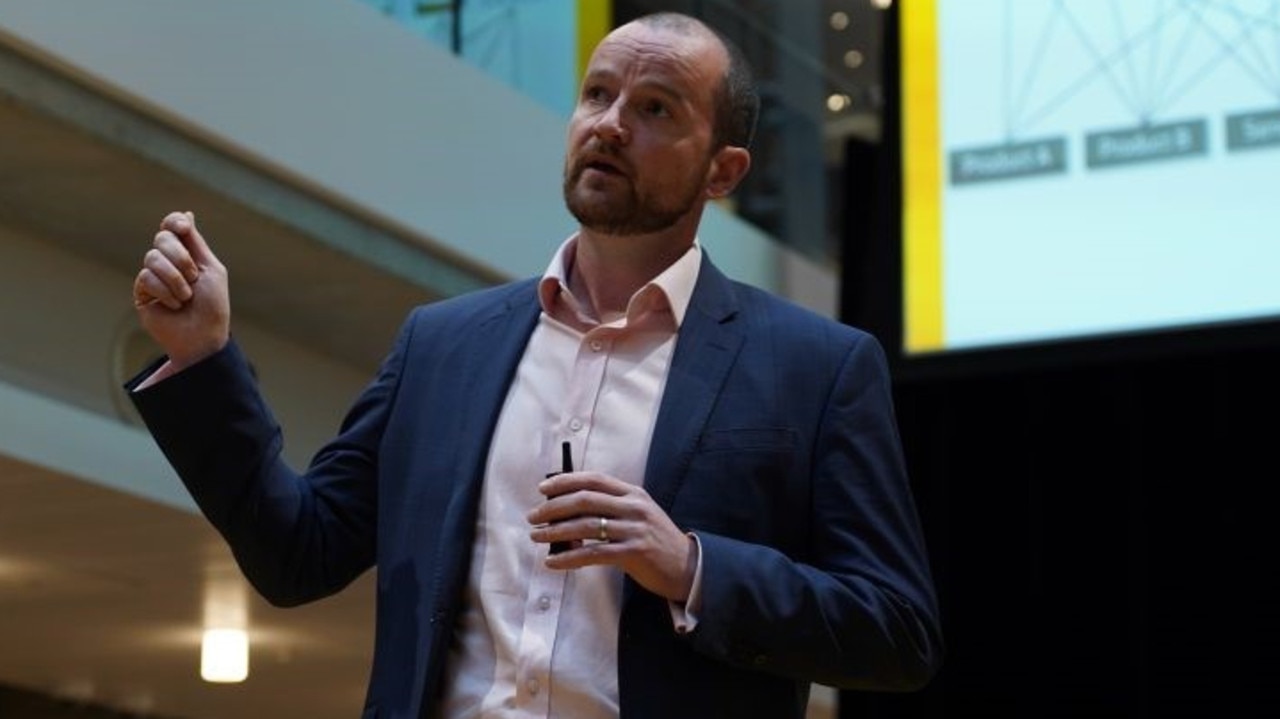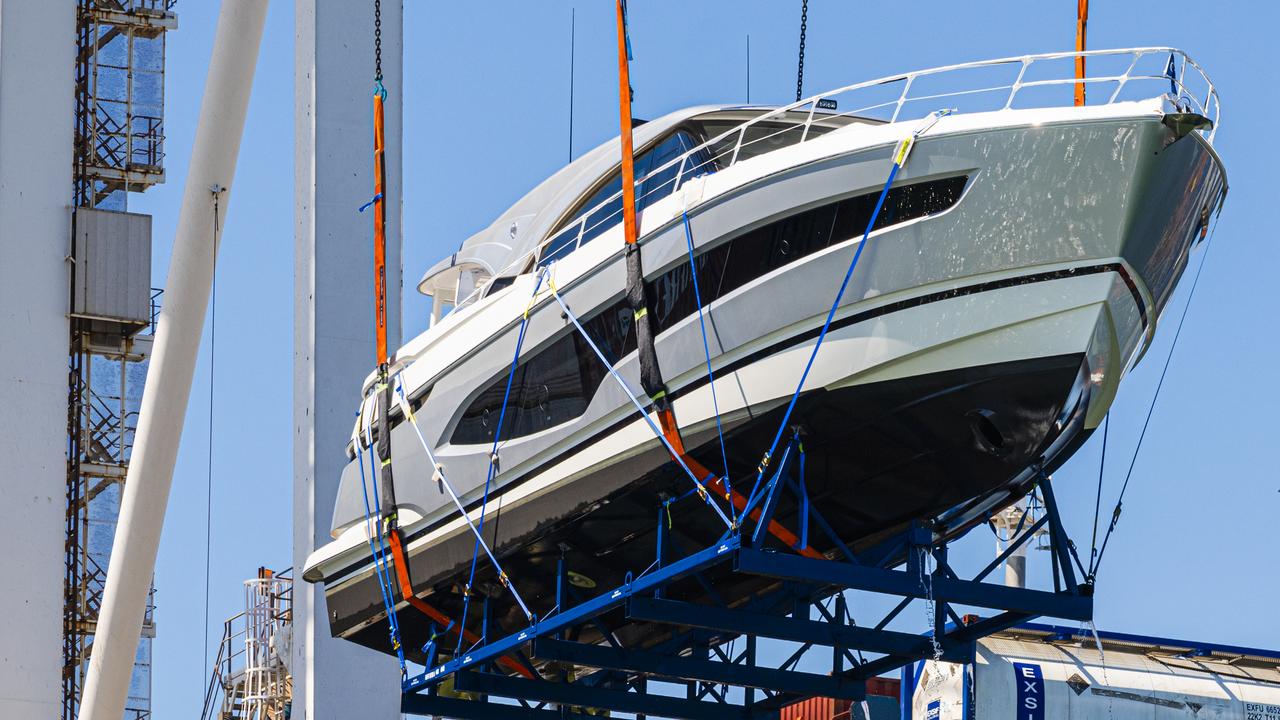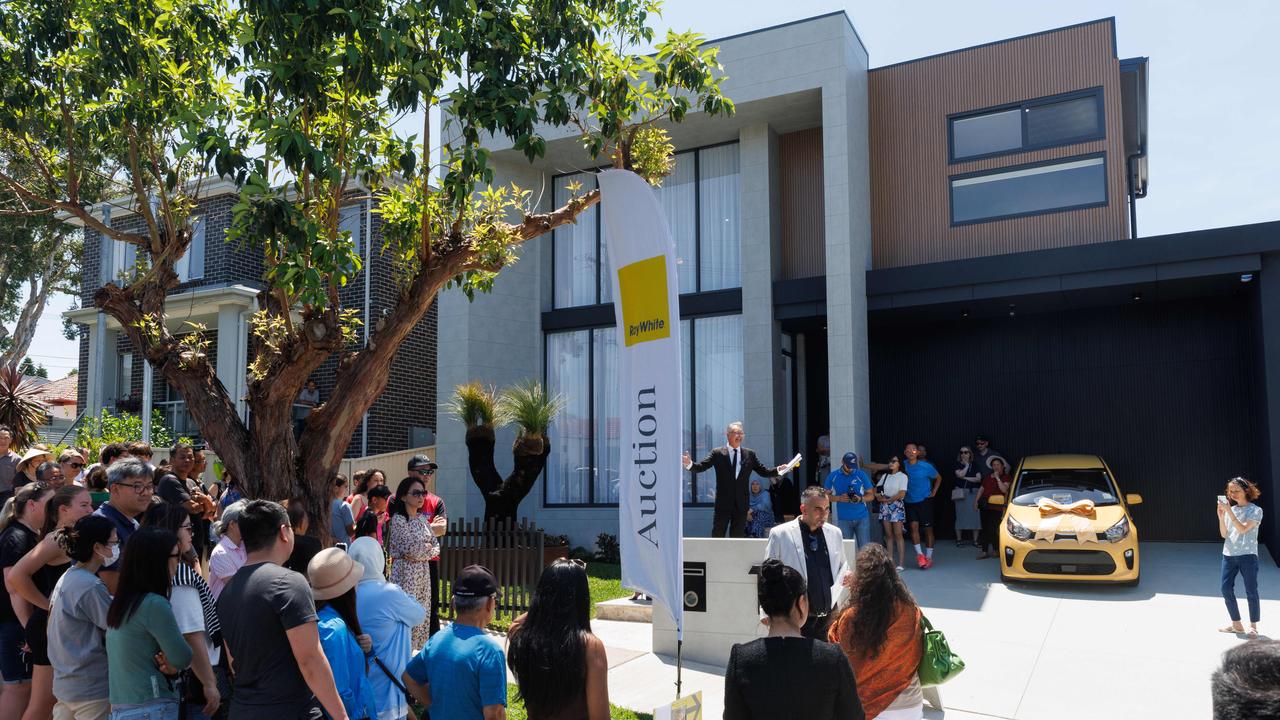Inside GoCatch and Uber’s multimillion-dollar battle playing out in an Aussie courtroom
A showdown is under way in a Supreme Court where allegations of hacking and corporate espionage have been aired. Uber’s defence? Its rival would have failed, regardless.
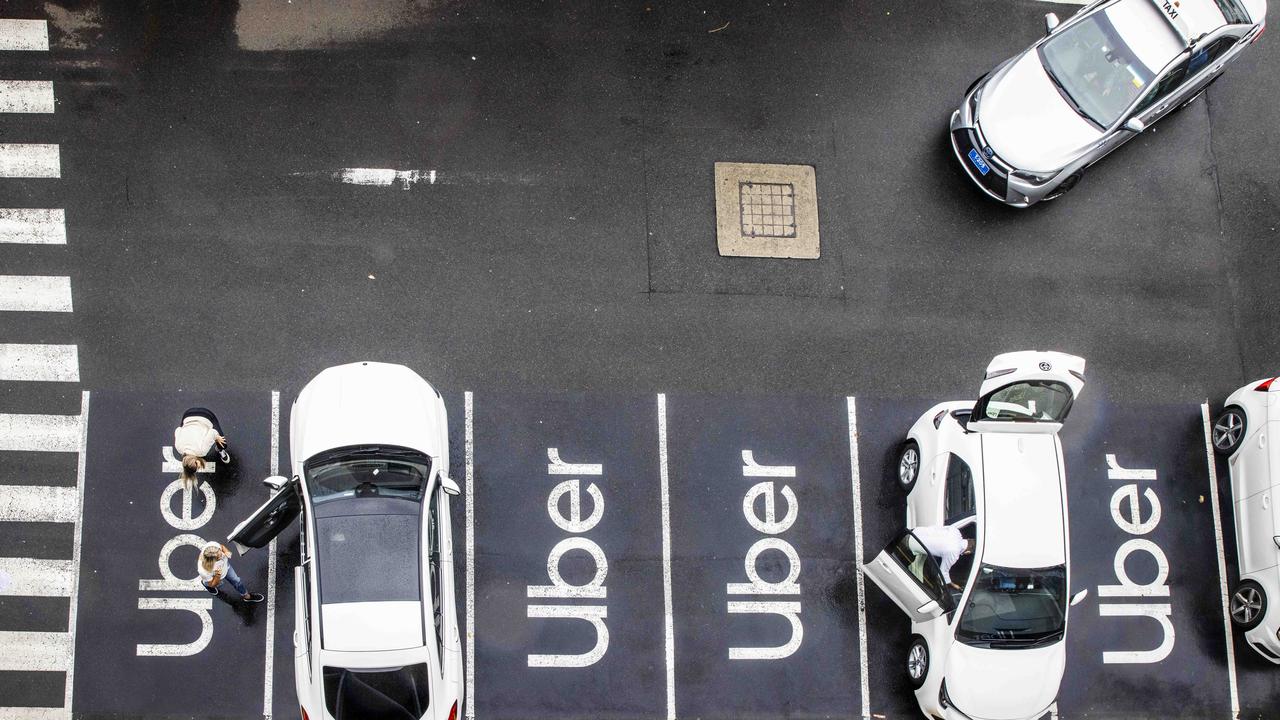
Business
Don't miss out on the headlines from Business. Followed categories will be added to My News.
The world’s biggest taxi killer had a problem in Sydney and other Australian capital cities. Uber executives were under pressure to conquer a new market against a competitor backed by billionaire James Packer.
The US gig economy pioneer took a series of extraordinary steps to flex its muscles and win at all costs.
It admitted in the Victorian Supreme Court this week that it didn’t always use “honourable” tactics, and that it used spyware on its main competitor.
Uber’s lawyers, who are defending against allegations of misconduct, corporate espionage, hacking of competitor systems and knowingly launching Uber X illegally in Australia without regulatory approval, argued that the company shouldn’t be held accountable for its actions from more than a decade ago.
Uber has for at least the past five years maintained the argument that it just isn’t the same operator as it was when it first landed in Australia.
But Taxi Apps (GoCatch) says that is rubbish and is seeking hundreds of millions of dollars of compensation from the rideshare giant over its claims that Uber did everything in its power to kill its business between 2012 and 2014.
The high-profile court case, which has some of Australia’s top legal talent on either side, is just three days in and private emails unearthed shed unflattering light on both parties as well as some of the nation’s investors.
A Melbourne court has this week learned of Uber’s use of spyware, how the company was able to retrieve the personal contact numbers of GoCatch’s drivers and how its executives spoke about their plans to “crush” the company.
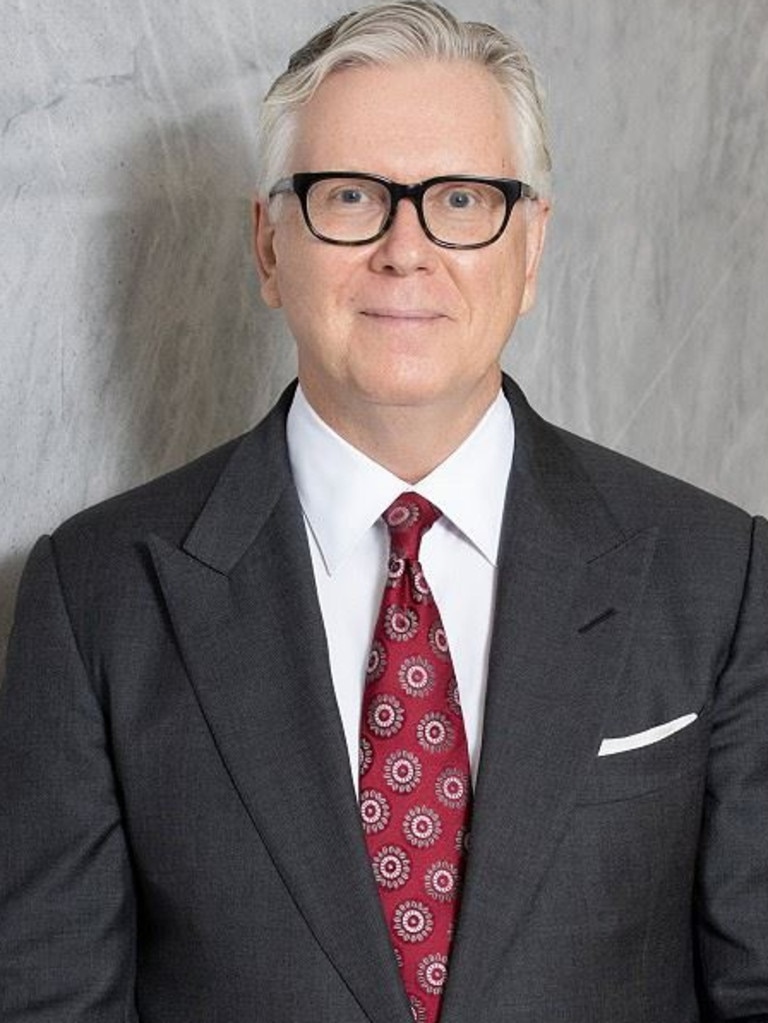
John John Sheahan, KC, on behalf of Uber, has spent hours attempting to prove that GoCatch’s business was failing before the US competitor came to town.
Uber isn’t denying all of GoCatch’s claims but its defence so far has relied heavily on proving that GoCatch was falling apart from the inside out, airing emails from investors which it claims showed a loss of faith.
One, referred to on Thursday, from one of venture capital firm Square Peg’s partners to its co-founder read: “I think the ship has sailed or burned or something.
“Importantly, they had a market for the taking with a relatively benign competitive dynamic for a few years.”
But Mr Sheahan’s argument will be something to ponder for judge Lisa Nichols, who has this week been read numerous internal emails in which Uber executives, both local and abroad, have written of plans to “crush” GoCatch, among other things, including “f. k those guys”.
An email from Aki Taha, Uber’s head of recruitment, to its Asia boss, Allen Penn, read: “Go Catch is *the* reason we’re launching taxis in Sydney. F..k those guys.”
The court heard Uber Australia’s former boss, David Rohrsheim, once wrote to Mr Penn that he wished to intervene in GoCatch’s plans to raise capital.
“My competitor GoCatch is in the middle of fundraising. I’d like to ensure that doesn’t happen, so we don’t have to spend a bunch of $$$ to match them in marketing,” he wrote.
Another email, between the same parties from early September 2013, read: “I want to destroy them before they get too legit. Keen to explore ‘next level’ marketing and PR options.”
The court has not yet learned what those “next level marketing and PR options” were but it has heard of an in-house spyware developed by Uber Sydney in 2015 called Surfcam. That technology was one of several Uber used to spy and obtain intelligence from GoCatch and its drivers without their knowledge.
Michael Hodge, KC, representing GoCatch, has described these behaviours as effectively break and enter.
“Can I put it in an even more colloquial way? The submission being made by Uber is that if you leave your house door unlocked and a thief breaks in and steals all of your possessions then, nevertheless, they haven’t actually stolen anything because you left your door unlocked,” he put to Justice Nichols this week.
Mr Sheahan claims otherwise, putting it down to GoCatch’s inadequate security. “The metaphor is not the house is burgled as the door was left open; the metaphor is you have a letter, half of which is written in lemon juice, wave it over a candle to warm it up and the missing text appears.”

Uber has not denied that it retrieved GoCatch data, only that it did not obtain as much as GoCatch suggested. “We have admitted that we obtained the driver information name and contact numbers but not the other information,” Mr Sheahan said.
Mr Sheahan told the court this week that Uber believed that in doing so, it was operating lawfully. “Uber’s internal view was that it was lawful. Not honourable, but lawful,” the court heard.
If the claims sound like something out of a Hollywood movie then that is because they are. Uber’s tactics are the inspiration for a 2022 US series called Super Pumped, streaming on Amazon Prime and Stan.
In the series, Joseph Gordon-Levitt takes on the starring role of Travis Kalanick, the former Uber US chief executive who was made to leave in 2017.
One part of the series is particularly relevant to Australia. That is one involving Uber’s use of a technology called “Greyball” which allowed it to identify transport regulators and serve them a different version of its app so that they could not monitor the company or fine its drivers.
In a 2019 ABC Four Corners episode, former NSW safety and compliance director Peter Wells expressed surprise at the speed at which Uber was able to deploy Greyball in Australia to deceive his officers.
The government department had to seek legal advice to get around it and work side by side with telcos and banks to create numerous credit cards and SIM cards just to ride with Uber.
“It was certainly unusual for a regulator to have to do that in that area. We had to have many credit cards, we had to have many SIM cards to assume new identities as it were and be very careful not to do anything illegal ourselves,” Mr Wells told the program.
“We took legal opinions to ensure we were within the law but to ensure we couldn’t be traced by Uber so we were essentially constantly new customer ‘X’ and they couldn’t tell who was who.”
Super Pumped’s name reflects Uber’s own vernacular, something not unusual across the tech scene.
The term was used widely by staff and even had its own category under staff self evaluations. In 2013, Mr Rohrsheim wrote under the “Super Pumpedness” category on his evaluation: “Infiltrated taxi, limo databases to recruit hundreds of drivers. (I won’t put these details in writing, but happy to chat)”.
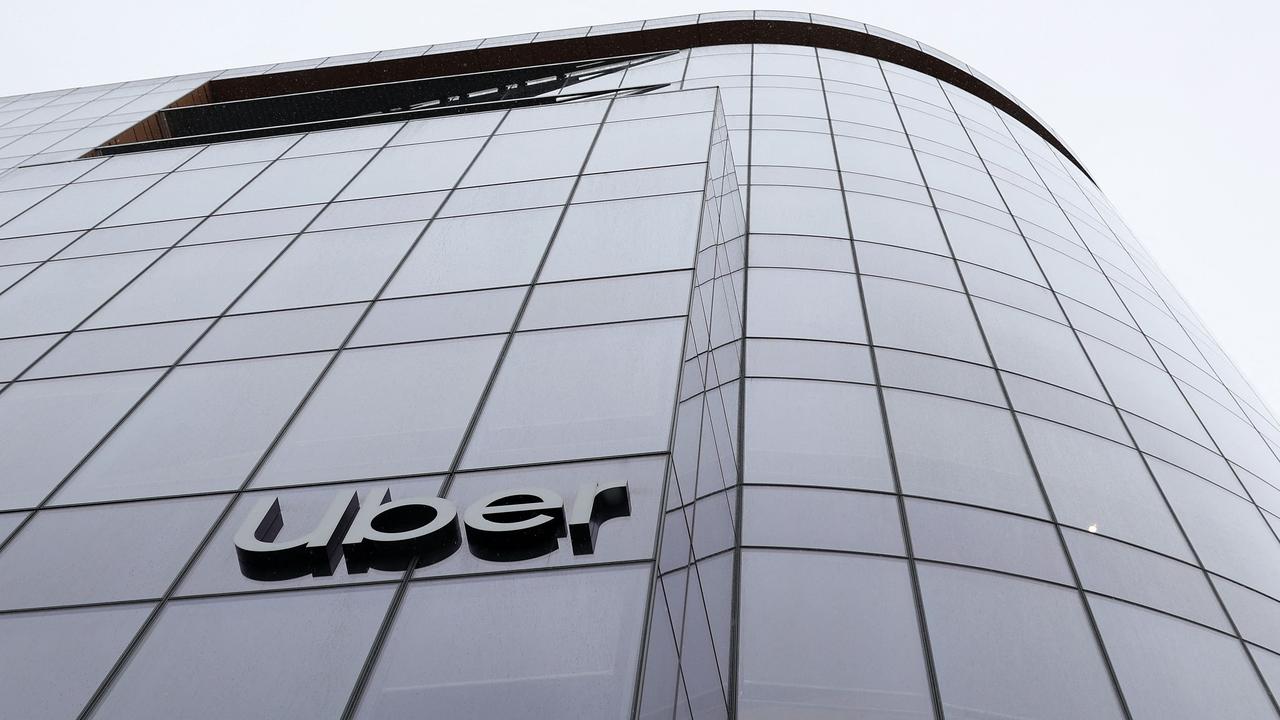
What Mr Rohrsheim didn’t want to put in writing has now come to light. Dozens of emails read before the court show Uber’s executives across Asia and Australia admit to cold calling GoCatch drivers and enticing them to join Uber with financial incentives.
Under a section where Uber staff were required to rate their “fierceness”, Mr Rohrsheim wrote: “I detest our competitors and have built relationships with investors, politicians and potential employees to hurt their development. Deluxe and Dash who beat us to market have been destroyed. GoCatch is next.”
The case arrives on the back of Uber agreeing to pay $271.8m in the fifth largest class action settlement in Australian history.
Uber is compensating taxi and hire-car drivers and operators for their loss of income which happened as a result of the company’s 2012 arrival in Australia.
The class action, led by Maurice Blackburn Lawyers, was initially meant to play out in the Supreme Court of Victoria two weeks ago but was later vacated after Justice Nichols, who is also overseeing the GoCatch-Uber trial, vacated it following the settlement.
Originally published as Inside GoCatch and Uber’s multimillion-dollar battle playing out in an Aussie courtroom





